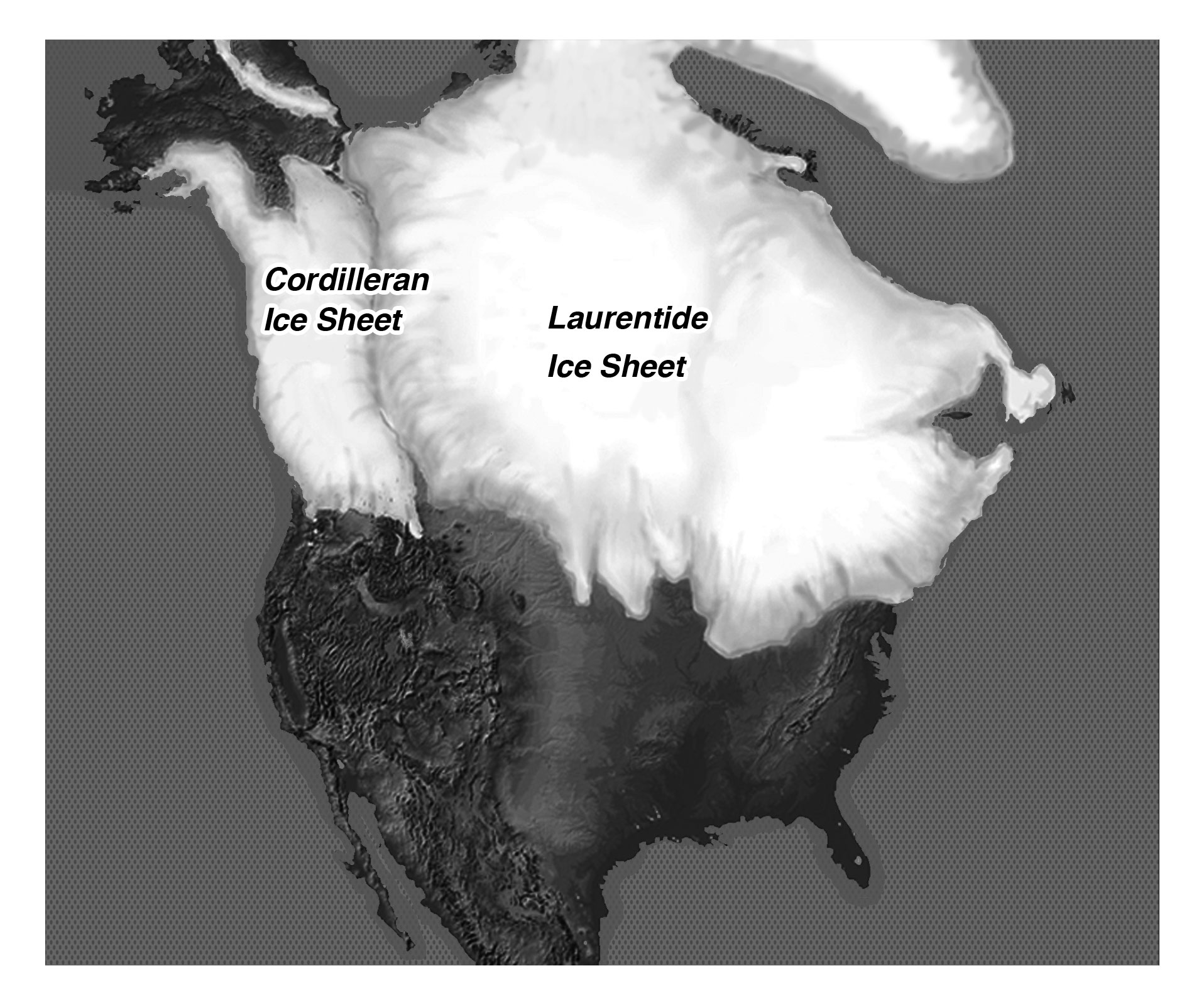
Hancock also deserves credit for providing some balance in Underworld.

Although Underworld is written in the same journalistic travelogue fashion some of the more romantic, wistful speculation has been lost and rather surprisingly Hancock has begun to display a degree of impartiality to his own ideas that was entirely absent in FOTG. It is noticeable in Underworld that Hancock has altered his style from that adopted in his earlier books. Since writing FOTG Hancock has learnt to scuba dive and with the support of his publishers he has set out in Underworld to investigate underwater sites that he considers evidence of the lost kingdoms of the last ice age.

Hancock believes that the rising floodwaters at the end of the last ice age submerged the ancient coastlines and as a consequence have hidden evidence of the emerging human cultures and civilisations that were developing along them at this time. In other words all known ancient civilisations are in some way indebted to one or more still unidentified lost civilisation(s). These culture(s) were destroyed by cataclysmic events (floods, volcanic activity, earthquakes etc.) and the survivors passed on their knowledge and experience to the emerging ancient civilisations that we are more familiar with. The central thesis behind Hancock’s work is that advanced human civilisation(s) existed prior to the end of the last ice age. Hence only those working outside of the academic system are sufficiently open-minded to investigate it. Hancock has argued passionately for the possibility that there may be a lost chapter in human history and that archaeologists refuse to consider this possibility. Since completing Fingerprints of the Gods (FOTG) in 1994 Graham Hancock has experienced unrivalled popular success writing on the origins of human civilisation.


 0 kommentar(er)
0 kommentar(er)
